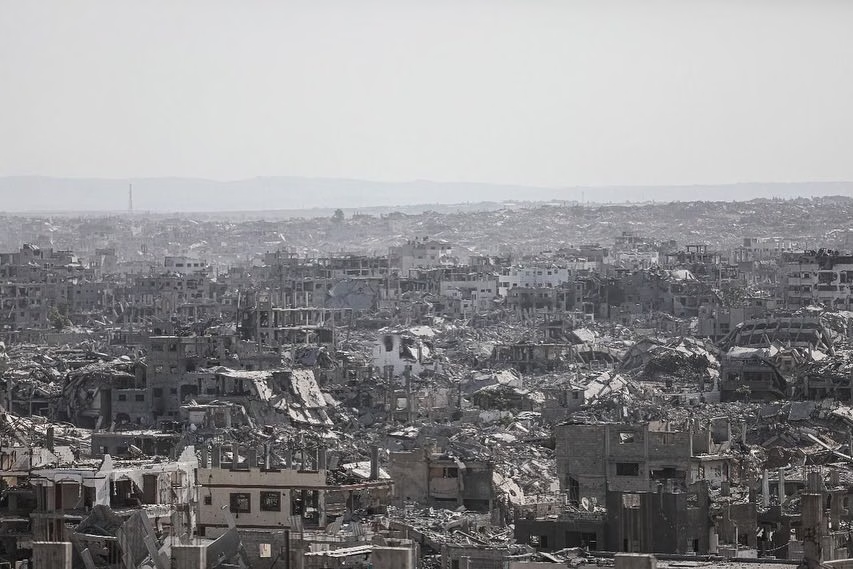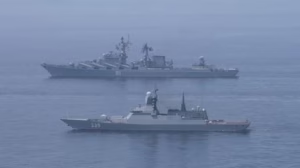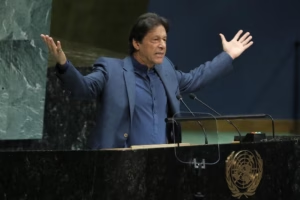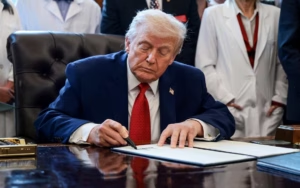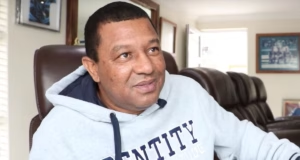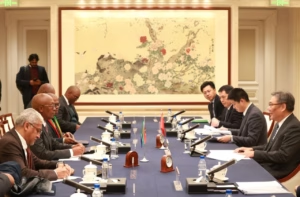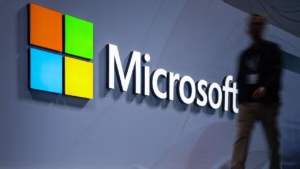President Cyril Ramaphosa has reaffirmed that South Africa’s genocide case against Israel at the International Court of Justice (ICJ) will continue, despite the recent peace agreement between Israel and Hamas, which was facilitated by the United States. His remarks underline Pretoria’s resolve to see the case through to its conclusion, irrespective of diplomatic developments in the Middle East.
Pretoria’s Legal Effort Unshaken
Speaking after the announcement of the ceasefire, Ramaphosa was unequivocal about South Africa’s position.
The ceasefire, which took effect on 10 October, has been hailed internationally as a potential turning point in the conflict. Yet, South Africa’s president made it clear that Pretoria’s legal challenge at The Hague will not be affected by the political settlement.
Origins Of The Case
South Africa filed the case in December 2023, accusing Israel of committing genocide against Palestinians in Gaza. The ICJ has since imposed provisional measures requiring Israel to prevent genocidal acts and to allow humanitarian aid to reach civilians. However, critics have continued to allege that Israel has not fully complied with these orders.
Ramaphosa has long maintained that legal accountability is a necessary step towards lasting peace.
UN Report Strengthens Case
On 16 September, the United Nations Human Rights Council’s Independent International Commission of Inquiry on the Occupied Palestinian Territory, including East Jerusalem, and Israel, released a report that intensified international scrutiny.
Legal And Diplomatic Crossroads
While the peace deal has been widely welcomed, Ramaphosa’s insistence on continuing the genocide case reflects South Africa’s determination to uphold international law. Analysts believe Pretoria’s approach positions the country as a moral voice in global diplomacy, one that seeks both peace and accountability.
The case now moves into a critical phase as Israel prepares its formal response by January. Whatever the outcome, South Africa’s challenge has already reshaped the international conversation about justice, human rights, and the limits of political compromise in times of war.

